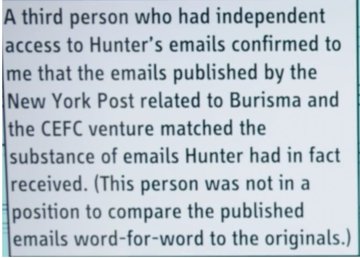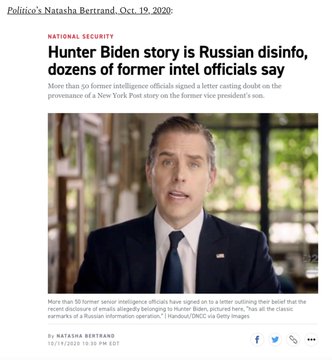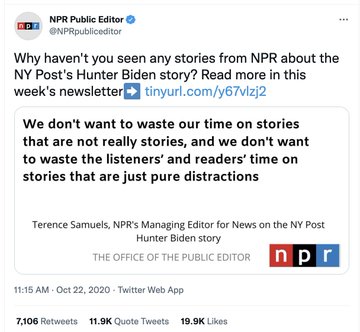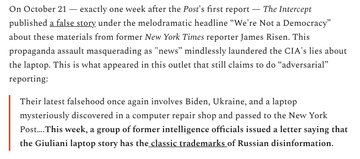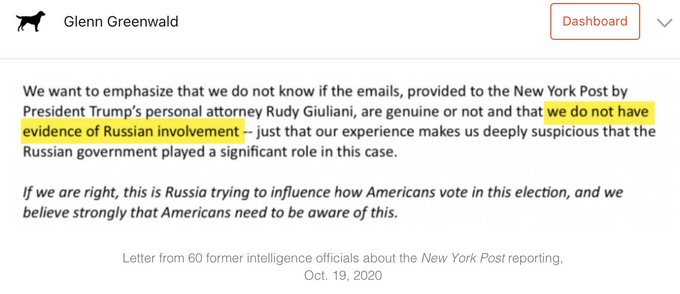First up, make sure to read Ann's "The Wooly Mammoth." Thank you to Ann for covering science last night. She actually did two posts -- she also posted "Why I'm not a fan of Jacobin." We were doing something with Cedric for Polly's newsletter and had finished it. They were off to church and I said I was off to bed. I was so tired and I felt bad about not covering science. She told me to get some rest -- I really had an awful headache.
Now for tonight. Let's note the Mars mission NASA has. Here's there latest press release:
NASA's Perseverance Rover Cameras Capture Mars Like Never Before
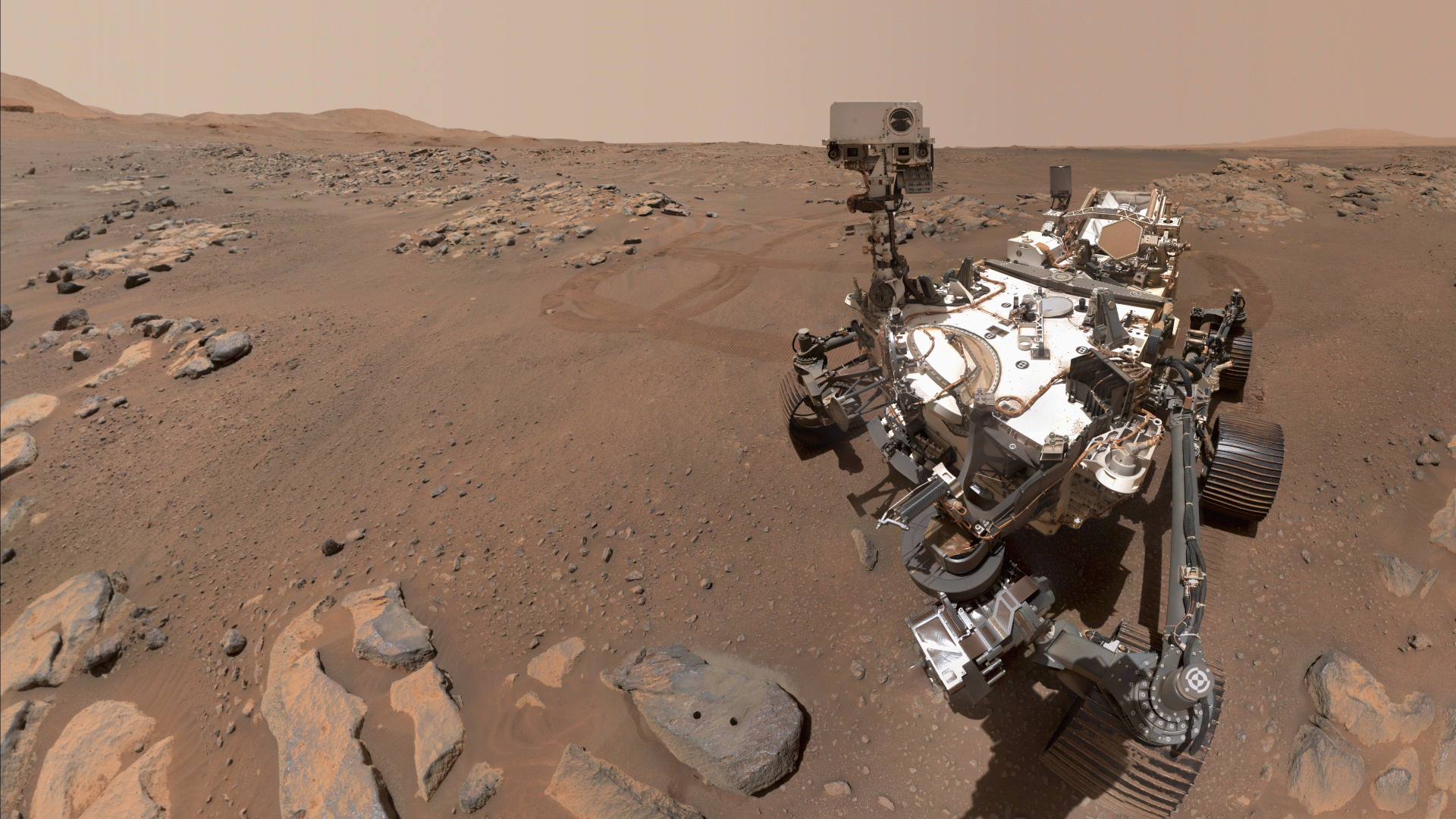
Perseverance's Selfie at "Rochette": Using its WATSON camera, NASA’s Perseverance Mars rover took this selfie over a rock nicknamed “Rochette,” on Sept.10, 2021, the 198th Martian day, or sol, of the mission. Two holes can be seen where the rover used its robotic arm to drill rock core samples. Credits: NASA/JPL-Caltech/MSSS. Download Image ›
Scientists tap into an array of imagers aboard the six-wheeled explorer to get a big picture of the Red Planet.
NASA’s Perseverance rover has been exploring Jezero Crater for more than 217 Earth days (211 Martian days, or sols), and the dusty rocks there are beginning to tell their story – about a volatile young Mars flowing with lava and water.
That story, stretching billions of years into the past, is unfolding thanks in large part to the seven powerful science cameras aboard Perseverance. Able to home in on small features from great distances, take in vast sweeps of Martian landscape, and magnify tiny rock granules, these specialized cameras also help the rover team determine which rock samples offer the best chance to learn whether microscopic life ever existed on the Red Planet.
Altogether, some 800 scientists and engineers around the world make up the larger Perseverance team. That includes smaller teams, from a few dozen to as many as 100, for each of the rover’s cameras and instruments. And the teams behind the cameras must coordinate each decision about what to image.
“The imaging cameras are a huge piece of everything,” said Vivian Sun, the co-lead for Perseverance’s first science campaign at NASA’s Jet Propulsion Laboratory in Southern California. “We use a lot of them every single day for science. They’re absolutely mission-critical.”
The Big Picture
Perseverance’s two navigation cameras – among nine engineering cameras – support the rover’s autonomous driving capability. And at each stop, the rover first employs those two cameras to get the lay of the land with a 360-degree view.

“The navigation camera data is really useful to have those images to do a targeted science follow-up with higher-resolution instruments such as SuperCam and Mastcam-Z,” Sun said.
Perseverance’s six hazard avoidance cameras, or Hazcams, include two pairs in front (with only a single pair in use at any one time) to help avoid trouble spots and to place the rover’s robotic arm on targets; the two rear Hazcams provide images to help place the rover in the context of the broader landscape.
Mastcam-Z, a pair of “eyes” on the rover’s mast, is built for the big picture: panoramic color shots, including 3D images, with zoom capability. It can also capture high-definition video.

Jim Bell at Arizona State University leads the Mastcam-Z team, which has been working at high speed to produce images for the larger group. “Part of our job on this mission has been a sort of triage,” he said. “We can swing through vast swaths of real estate and do some quick assessment of geology, of color. That has been helping the team figure out where to target instruments.”
Color is key: Mastcam-Z images allow scientists to make links between features seen from orbit by the Mars Reconnaissance Orbiter (MRO) and what they see on the ground.
The instrument also functions as a low-resolution spectrometer, dividing the light it captures into 11 colors. Scientists can analyze the colors for clues about the composition of the material giving off the light, helping them decide which features to zoom in on with the mission’s true spectrometers.
For instance, there’s a well-known series of images from March 17. It shows a wide escarpment, aka the “Delta Scarp,” that is part of a fan-shaped river delta that formed in the crater long ago. After Mastcam-Z provided the broad view, the mission turned to SuperCam for a closer look.
The Long View
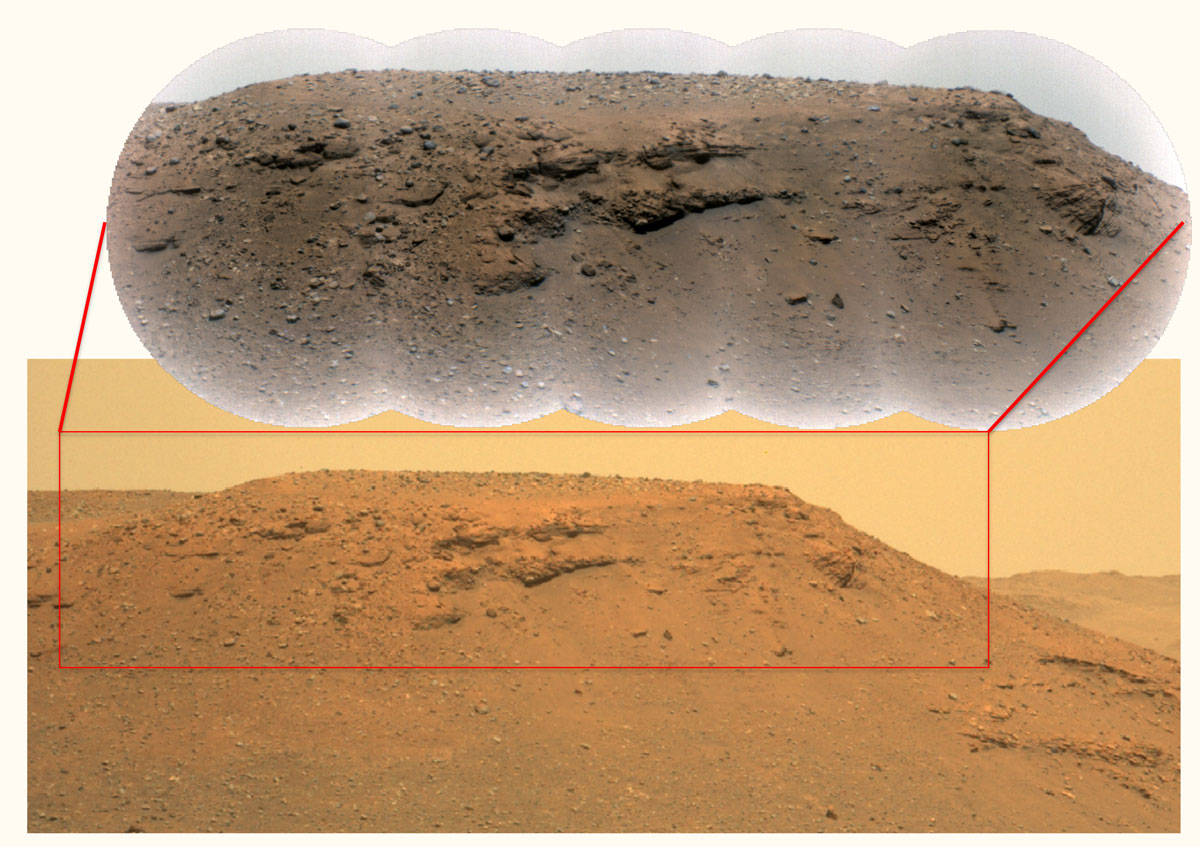
Scientists use SuperCam to study mineralogy and chemistry, and to seek evidence of ancient microbial life. Perched near Mastcam-Z on Perseverance’s mast, it includes the Remote Micro-Imager, or RMI, which can zoom in on features the size of a softball from more than a mile away.
Once Mastcam-Z provided images of the scarp, the SuperCam RMI homed in on a corner of it, providing close-ups that were later stitched together for a more revealing view.
To Roger Wiens, principal investigator for SuperCam at Los Alamos National Laboratory in New Mexico, these images spoke volumes about Mars’ ancient past, when the atmosphere was thick enough, and warm enough, to allow water to flow on the surface.
“This is showing huge boulders,” he said. “That means there had to have been some huge flash flooding that occurred that washed boulders down the riverbed into this delta formation.”
The chock-a-block layers told him even more.
“These large boulders are partway down the delta formation,” Wiens said. “If the lakebed was full, you would find these at the very top. So the lake wasn’t full at the time the flash flood happened. Overall, it may be indicating an unstable climate. Perhaps we didn’t always have this very placid, calm, habitable place that we might have liked for raising some micro-organisms.”
In addition, scientists have picked up signs of igneous rock that formed from lava or magma on the crater floor during this early period. That could mean not only flowing water, but flowing lava, before, during, or after the time that the lake itself formed.
These clues are crucial to the mission’s search for signs of ancient Martian life and potentially habitable environments. To that end, the rover is taking samples of Martian rock and sediment that future missions could return to Earth for in-depth study.
The (Really) Close-up
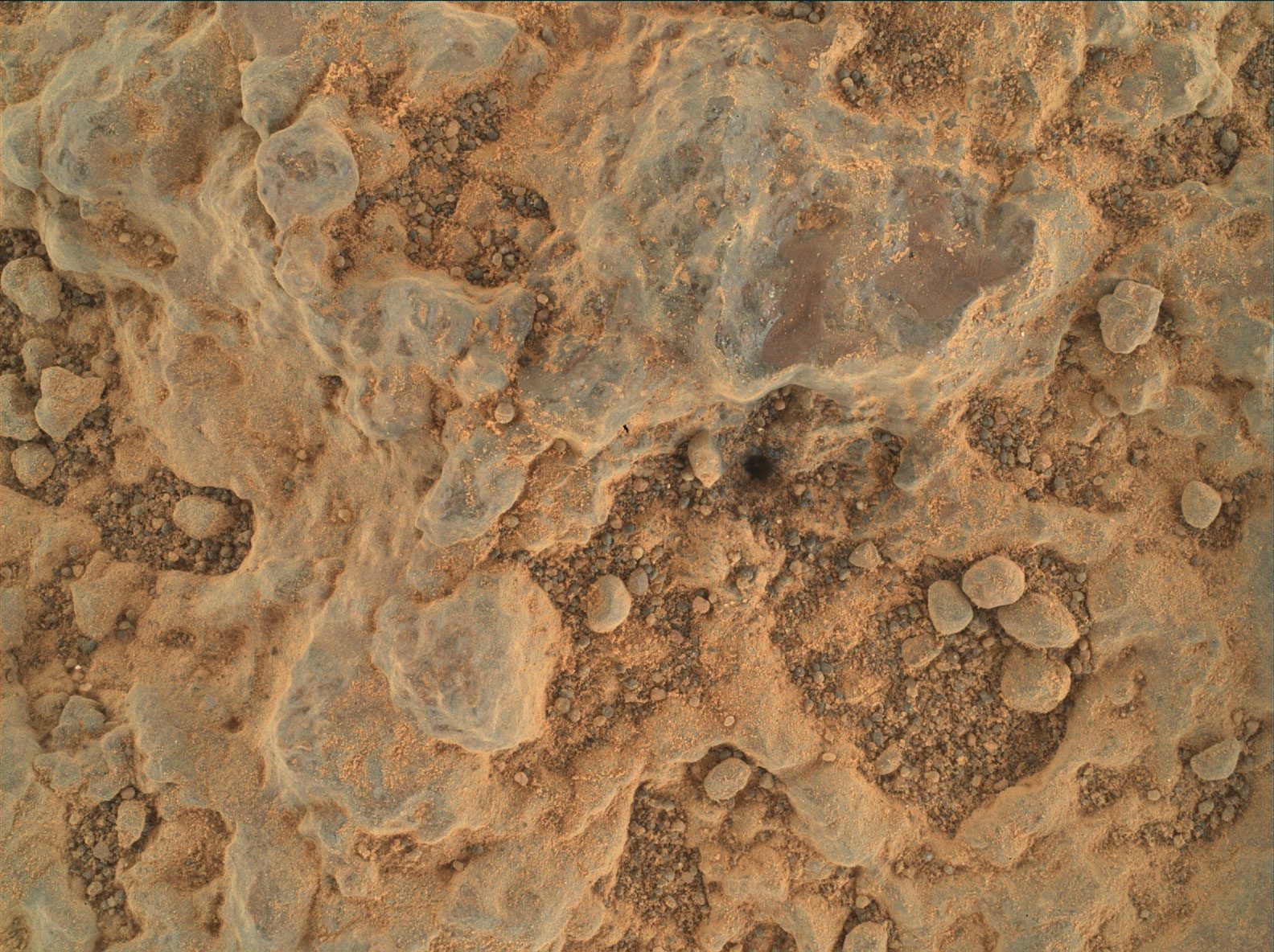
A variety of Perseverance’s cameras assist in the selection of those samples, including WATSON (the Wide Angle Topographic Sensor for Operations and eNgineering).
Located at the end of the rover’s robotic arm, WATSON provides extreme closeups of rock and sediment, zeroing in on the variety, size, shape, and color of tiny grains – as well as the “cement” between them – in those materials. Such information can lend insight into Mars’ history as well as the geological context of potential samples.
WATSON also helps engineers position the rover’s drill for extracting rock core samples and produces images of where the sample came from.
The imager partners with SHERLOC (Scanning Habitable Environments with Raman & Luminescence for Organics & Chemicals), which includes an Autofocus and Contextual Imager (ACI), the rover’s highest-resolution camera. SHERLOC uses an ultraviolet laser to identify certain minerals in rock and sediment, while PIXL (Planetary Instrument for X-ray Lithochemistry), also on the robotic arm, uses X-rays to determine the chemical composition. These cameras, working in concert with WATSON, have helped capture geologic data – including signs of that igneous rock on the crater floor – with a precision that has surprised scientists.
“We’re getting really cool spectra of materials formed in aqueous [watery] environments – for example sulfate and carbonate,” said Luther Beegle, SHERLOC’s principal investigator at JPL.
Engineers also use WATSON to check on the rover’s systems and undercarriage – and to take Perseverance selfies (here’s how).
Beegle says not just the strong performance of the imaging instruments, but their ability to endure the harsh environment on the Martian surface, gives him confidence in Perseverance’s chances for major discoveries.
“Once we get over closer to the delta, where there should be really good preservation potential for signs of life, we’ve got a really good chance of seeing something if it’s there,” he said.
More About the Mission
A key objective for Perseverance’s mission on Mars is astrobiology, including the search for signs of ancient microbial life. The rover will characterize the planet’s geology and past climate, pave the way for human exploration of the Red Planet, and be the first mission to collect and cache Martian rock and regolith (broken rock and dust).
Subsequent NASA missions, in cooperation with ESA (European Space Agency), would send spacecraft to Mars to collect these sealed samples from the surface and return them to Earth for in-depth analysis.
The Mars 2020 Perseverance mission is part of NASA’s Moon to Mars exploration approach, which includes Artemis missions to the Moon that will help prepare for human exploration of the Red Planet.
JPL, which is managed for NASA by Caltech in Pasadena, California, built and manages operations of the Perseverance rover.
For more about Perseverance:
mars.nasa.gov/mars2020/
nasa.gov/perseverance
News Media Contacts
DC Agle / Andrew Good
Jet Propulsion Laboratory, Pasadena, Calif.
818-393-9011 / 818-393-2433
agle@jpl.nasa.gov / andrew.c.good@jpl.nasa.gov
Karen Fox / Alana Johnson
NASA Headquarters, Washington
301-286-6284 / 202-358-1501
karen.c.fox@nasa.gov / alana.r.johnson@nasa.gov
Written by Pat Brennan
Those are some great pictures. Look at the quality of them. The Mars mission has really turned out some results. We know so much more about the planet than we did fifteen years ago.
Please read Stan's "Hard pass on THE WONDER YEARS" which is an important post.I took a pass too. You can't create a Black family? It's that difficult so you need to 'update' THE WONDER YEARS by turning them Black? And then you have the nerve to base it in the south? Stan's not from the south so he didn't catch this. But I called him today to let him know how much I enjoyed his post and that I couldn't imagine the 'intended' audience was watching. If they're hoping for Black viewers in the south, why would they put the show on a Wednesday night? That is church night. Have they never heard of Black churches? It's as though they know nothing of Black people onscreen or those who might be watching on their TV.
"Iraq snapshot" (THE COMMON ILLS):
Thursday, September 23, 2021. Corruption and greed and the misuse of public trust isn't a story -- corporate media and, yes, 'independent' media tell us.
Starting with emerging realities, specifically the realities of Hunter Biden's laptop. October 14, 2020, .THE NEW YORK POST, published a report by Emma-Jo Morris and Gabrielle Fonrouge:
Hunter Biden introduced his father, then-Vice President Joe Biden, to a top executive at a Ukrainian energy firm less than a year before the elder Biden pressured government officials in Ukraine into firing a prosecutor who was investigating the company, according to e-mails obtained by The Post.
The never-before-revealed meeting is mentioned in a message of appreciation that Vadym Pozharskyi, an adviser to the board of Burisma, allegedly sent Hunter Biden on April 17, 2015, about a year after Hunter joined the Burisma board at a reported salary of up to $50,000 a month.
“Dear Hunter, thank you for inviting me to DC and giving an opportunity to meet your father and spent [sic] some time together. It’s realty [sic] an honor and pleasure,” the e-mail reads.
An earlier e-mail from May 2014 also shows Pozharskyi, reportedly Burisma’s No. 3 exec, asking Hunter for “advice on how you could use your influence” on the company’s behalf.
The blockbuster correspondence — which flies in the face of Joe Biden’s claim that he’s “never spoken to my son about his overseas business dealings” — is contained in a massive trove of data recovered from a laptop computer.
The computer was dropped off at a repair shop in Biden’s home state of Delaware in April 2019, according to the store’s owner.
Other material extracted from the computer includes a raunchy, 12-minute video that appears to show Hunter, who’s admitted struggling with addiction problems, smoking crack while engaged in a sex act with an unidentified woman, as well as numerous other sexually explicit images.
Glenn Greenwald has a video report where he notes Twitter and Facebook's censorship of the report, where he compiles videos that are very embarrassing for the corporate media -- especially Christiane Amanpour who, by her own words on camera, doesn't understand the first thing about journalism.
Glenn's also got a text report on the subject:
A severe escalation of the war on a free internet and free discourse has taken place over the last twelve months. Numerous examples of brute and dangerous censorship have emerged: the destruction by Big Tech monopolies of Parler at the behest of Democratic politicians at the time that it was the most-downloaded app in the country; the banning of the sitting president from social media; and the increasingly explicit threats from elected officials in the majority party of legal and regulatory reprisals in the event that tech platforms do not censor more in accordance with their demands.
But the most severe episode of all was the joint campaign — in the weeks before the 2020 election — by the CIA, Big Tech, the liberal wing of the corporate media and the Democratic Party to censor and suppress a series of major reports about then-presidential frontrunner Joe Biden. On October 14 and then October 15, 2020, The New York Post, the nation's oldest newspaper, published two news reports on Joe Biden's activities in Ukraine and China that raised serious questions about his integrity and ethics: specifically whether he and his family were trading on his name and influence to generate profit for themselves. The Post said that the documents were obtained from a laptop left by Joe Biden's son Hunter at a repair shop.
From the start, the evidence of authenticity was overwhelming. The Post published obviously genuine photos of Hunter that were taken from the laptop. Investigations from media outlets found people who had received the emails in real-time and they compared the emails in their possession to the ones in the Post's archive, and they matched word-for-word. One of Hunter's own business associates involved in many of these deals, Tony Bobulinski, confirmed publicly and in interviews that the key emails were genuine and that they referenced Joe Biden's profit participation in one deal being pursued in China. A forensics analyst issued a report concluding the archive had all the earmarks of authenticity. Not even the Bidens denied that the emails were real: something they of course would have done if they had been forged or altered. In sum, as someone who has reported on numerous large archives similar to this one and was faced with the heavy burden of ensuring the documents were genuine before risking one's career and reputation by reporting them, it was clear early on that all the key metrics demonstrated that these documents were real.
Despite all that, former intelligence officials such as Obama's CIA Director John Brennan and his Director of National Intelligence James Clapper led a group of dozens of former spooks in issuing a public statement that disseminated an outright lie: namely, that the laptop was "Russian disinformation.” Note that this phrase contains two separate assertions: 1) the documents came from Russia and 2) they are fake ("disinformation"). The intelligence officials admitted in this letter that — in their words — “we do not know if the emails are genuine or not,” and also admitted that “we do not have evidence of Russian involvement.”
James Freeman (WALL ST. JOURNAL) observes, "So far a general media silence has been the response to a new POLITIcO report seconding much of the NEW YORK POST's 2020 reporting." Corporate media is ignoring the story.
They are not alone.
The "S"s in WSWS apparently stand for "Synthetic." They certainly don't stand for Socialist. Barack Obama throws his lavish party in the midst of a pandemic while people are jobless and in danger of losing their homes and the staff is required to wear masks but the 'gabulous' guests aren't? WSWS doesn't say a word. Socialists would be calling that out but not WSWS. Now this story about greed, corruption and the media's embrace of a cover up, the media furthering a cover up, and that's not a story for WSWS. They've only covered the laptop twice -- both times before the election.
If I were the media, I would want to start covering it right now. Because there's a lot of disgusting news on that laptop that goes beyond corruption but is questionable and possibly criminal. I'd want to get on this story if I were corporate media because if it stays in the public eye for long. That's if you're corporate media. WSWS is supposed to be a Socialist publication.
WSWS has made it their purpose to call out JACOBIN. They think JACOBIN is fake ass. Well JACOBIN's silent on the laptop also -- guess that makes WSWS as fake ass as JACOBIN. THE PROGRESSIVE has nothing to say. IN THESE TIMES has nothing. COUNTERPUNCH has nothing. They made time this week to publish Ted Rall -- even his embarrassing column that claimed (lied) that there was "a strong antiwar movement based on the left throughout" Barack Obama was president (Elaine called that b.s. out here).
If Warren Harding had been a Democrat, these same 'journalistic' outlets would have apparently been silent throughout The Teapot Dome scandal.
We're talking about graft and bribes, we're talking about these taking place with the son of a sitting vice president of the United Sates and we're talking about a trail that leads back to that same vcie president. This happened while Joe was in office. Adn it's not 'history' because Joe is now the president of the United Staes.
So where's the coverage?
Glenn Tweets the following this morning:
Glenn's right but it's equally true that our laughable 'independent' media is ignoring the story as well. By their actions, you see their genuine self. They don't care about graft, they don't care about politicians lying to the people, misusing the public trust, they just don't care. Remember this moment, it's a teachable moment. That's not a lecture. That's as much to myself as to anyone else. I threw a ton of money out towards 'independent' media when the Iraq War started and they were actually covering it. Elaine didn't. Not only did she refuse to waste her money, she reminded me that we'd been through this before, that THE NATION and others pretend they'll do something important with the money and then don't. They use your passion for an issue to steal your money and then drop the issue. It is their pattern. It's a teachable moment, as much for me as for anyone.
That's Spain's Ambassador Pedro Martinez-Avial meeting with the Prime Minister of Kurdistan Masrour Barzani. Halgurd Sherwani (KURDISTAN 24) reports:
Spain is preparing to open a consulate general in the Kurdistan Region’s capital Erbil, the country’s newly inaugurated ambassador, Pedro Martinez-Avial, told Prime Minister Masrour Barzani on Thursday.
Prime Minister Barzani received the Spanish diplomat in Erbil. They discussed bilateral relations between Kurdistan Region and Spain, particularly in trade and investment sectors, according to a press release from Barzani’s office.
Martinez-Avial, expressed his country’s readiness to develop ties with the Kurdistan Region.
The visit comes weeks before Iraq is expected to hold national elections. The October Revolution kicked off protests in the fall of 2019 and forced the prime minister to step down and early elections to be announced. As ARAB WEEKLY notes, "Tens of thousands of Iraqi youths took to the streets to decry rampant corruption, poor services and unemployment. Hundreds died as security forces used live ammunition and tear gas to disperse crowds." This is what forced the resignation of one prime minister and has led to national elections which are supposed to take place October 10th. (Members of the Iraqi military will vote October 8th. Two election simulations have been carried out by the IEC and the third and final one will take place September 22nd.) Charlotte Bruneau (REUTERS) notes that the candidates for Parliament include 951 women ("close to 30% of the total number of candidates") who are running for the 329 seats. Halgurd Sherwani (KURDISTAN 24) has reported Jeanine Hannis-Plasschaert, the Special Representiative in Iraq to the United Nations Secretary-General Antonio Guterres, declared that Iraq's "Female candidates face increasing levels of hate speech, violence, and blackmail intended to force them to withdraw their candidacy."
Sinan Mahmoud (THE NATIONAL) counts 3,249 people in all seeking seats in Parliament BROOKINGS notes this is a huge drop from 2018 when 7,178 candidates ran for office. RUDAW is among those noting perceived voter apathy, "Turnout for Iraq’s October 10 parliamentary election is expected to be a record low, with a recent poll predicting just 29 percent of eligible voters will cast ballots." Human Rights Watch has identified another factor which may impact voter turnout, "People with disabilities in Iraq are facing significant obstacles to participating in upcoming parliamentary elections on October 10, 2021, due to discriminatory legislation and inaccessible polling places, Human Rights Watch said in a report released today. Without urgent changes, hundreds of thousands of people may not be able to vote. The 36-page report, “‘No One Represents Us’: Lack of Access to Political Participation for People with Disabilities in Iraq,” documents that Iraqi authorities have failed to secure electoral rights for Iraqis with disabilities. People with disabilities are often effectively denied their right to vote due to discriminatory legislation and inaccessible polling places and significant legislative and political obstacles to running for office." Another obstacle is getting the word out on a campaign. Political posters are being torn down throughout Iraq. Halgurd Sherwani (KURDiSTAN 24) observes, "Under Article 35 of the election law, anyone caught ripping apart or vandalizing an electoral candidate's billboard could be punished with imprisonment for at least a month but no longer than a year, Joumana Ghalad, the spokesperson for the Iraqi Independent High Electoral Commission (IHEC), told a press conference on Wednesday." And there's also the battles in getting out word of your campaign online. THE NEW ARAB reported weeks ago, "Facebook is restricting advertisements for Iraqi political parties and candidates in the run-up to the country's parliamentary elections, an official has told The New Arab's Arabic-language sister site."
THE WASHINGTON POST's Louisa Loveluck Tweeted: of how "chromic mistrust in [the] country's political class" might also lower voter turnout. Mina Aldroubi (THE NATIONAL) also notes, "Experts are predicting low turnout in October due to distrust of the country’s electoral system and believe that it will not deliver the much needed changes they were promised since 2003." Mistrust would describe the feelings of some members of The October Revolution. Mustafa Saadoun (AL-MONITOR) notes some of their leaders, at the recent Opposition Forces Gathering conference announced their intent to boycott the elections because they "lack integrity, fairness and equal opportunities." Distrust is all around. Halkawt Aziz (RUDAW) reported on how, " In Sadr City, people are disheartened after nearly two decades of empty promises from politicians."
After the election, there will be a scramble for who has dibs on the post of prime minister. Shi'ite cleric Moqtada al-Sadr has 90 candidates in his bloc running for seats in the Parliament and one of those, Hassan Faleh, has insisted to RUDAW, "The position of the next prime minister is the least that the Sadrist movement deserves, and we are certain that we will be the largest and strongest coalition in the next stage." Others are also claiming the post should go to their bloc such as the al-Fatah Alliance -- the political wing of the Badr Organization (sometimes considered a militia, sometimes considered a terrorist group). ARAB WEEKLY reported, "Al-Fateh Alliance parliament member Naim Al-Aboudi said that Hadi al-Amiri is a frontrunner to head the next government, a position that can only be held by a Shia, according to Iraq’s power-sharing agreement." Some also insist the prime minister should be the head of the State of Law bloc, two-time prime minister and forever thug Nouri al-Maliki. Moqtada al-Sadr's supporters do not agree and have the feeling/consensus that, "Nouri al-Maliki has reached the age of political menopause and we do not consider him to be our rival because he has lost the luster that he once had so it is time for him to retire."
The walls of Baghdad are covered with posters of Iraq’s former leaders, especially Nouri al Maliki and Haidar al Abadi, as the country moves toward its early elections on October 10. Both men however were forced out of power for their incompetence, and yet they are leading in the country’s two powerful Shia blocks.
But Iraq’s Sunni minority’s leaders from current parliament speaker Mohammed Rikan Hadeed al Halbousi to Khamis al Khanjar, a millionaire and a powerful leader of a Sunni bloc, have not changed much either. In the northern part of the country, the most powerful figure has long been Masoud Barzani, the leader of the Kurdistan Democratic Party (KDP), indicating another unchanged nature of Iraqi leadership.
“Because they have so many financial sources, you can see their posters everywhere across Iraq. They have been in power for a long time. They are also people who have not contributed much to change the country’s politics in a positive manner, instead, they were criticised for their responsibilities for Iraq’s failing political system,” says Haydar Karaalp, a Baghdad-based political analyst.
As a result, the only measure of whether anything can change in Iraqi politics or not depends on the voter turnout, which could give independents more seats in the parliament, according to Karaalp.
Despite the US or Iran-backed establishment groups’ holding onto power, popular protests, which have hit the country since last year, have blown winds of change, helping some pro-reformist independent groups emerge from nowhere. While some are boycotting elections, others are competing to defeat the established groups despite having little financial power.
“If a real election happens, half of the current parliament can not be reelected. People are tired of them,” says Sabahattin Salihi, the president of Kirkuk Chamber of Commerce. Kirkuk is Iraq’s disputed oil-rich city with a diverse population of Turkmen, Arabs and Kurds.
“Large protests were the open manifestations of people’s anger toward the establishment,” Salihi tells TRT World. He also criticises the government’s division of Kirkuk into three different election districts, where diverse populations are not represented in a fair sense.
The following sites updated:

